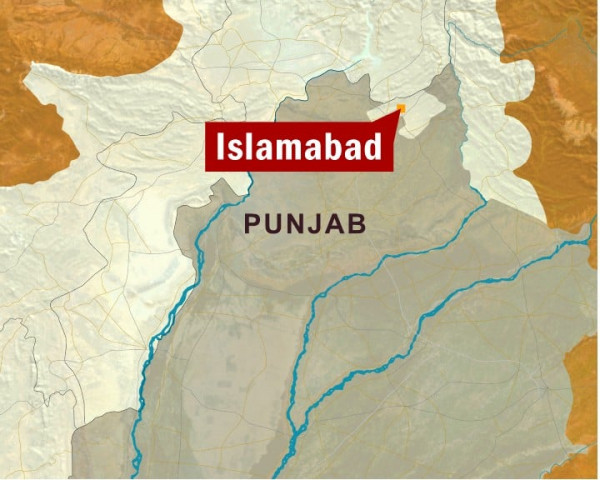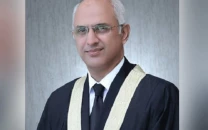‘Money bill originates in NA, not Senate’
Senate chairman gives ruling to clarify the legal points raised by leader of opposition Waseem Sajjad.

‘Money bill originates in NA, not Senate’
Senate chairman gave this ruling to clarify the legal points raised by leader of opposition Waseem Sajjad the other day whereby, quoting some articles of the constitution, he had claimed that the federal government cannot levy any new tax without the approval of the parliament. And the Senate, being part of the parliament, was empowered to accept or reject such a law as the National Assembly.
Naek said that Article 73 Clause 1 of the constitution clearly stipulates procedure for a money bill. It says that a money bill can only be originated in the National Assembly and a copy of the bill shall be transmitted to the Senate for its recommendations within 14 days. Clause 4 of the same article says that whenever a question arises regarding whether a bill is a money bill or not, the speaker of the National Assembly is the deciding authority. He further said that the objection raised by Sajjad was not tenable.
Later taking part in the debate on the bill, senators called upon the government to take pragmatic measures to eliminate corruption, streamline the functioning of the Federal Bureau of Revenue (FBR) and improve the tax collection system.
PML-Q Senator SM Zafar criticised the performance of the government and said corruption has increased manifold during the last three years, therefore the government does not deserve any more taxation.
He said that the General Sales Tax (GST) was a new bill and calling it a reformed GST was not correct since it repealed the 1990 GST Act. Some 700 new articles were included in the bill. He requested the government to withdraw the bill as it would further burden the poor.
MQM’s Haseeb Khan said that his party had a principled stand on the RGST. It would oppose every move which would burden the poor segments of society. The MQM would support the bill if its suggestions were incorporated in it, he added.
Ishaq Dar of PML-N said there was a leakage of over Rs300 billion in the FBR and the losses of state-run enterprises were also to the tune of more than Rs300 billion. “If the government controls these losses and leakages and launches an austerity drive, it can save over Rs800 billion annually,” he said.
Published in The Express Tribune, November 26th, 2010.



















COMMENTS
Comments are moderated and generally will be posted if they are on-topic and not abusive.
For more information, please see our Comments FAQ